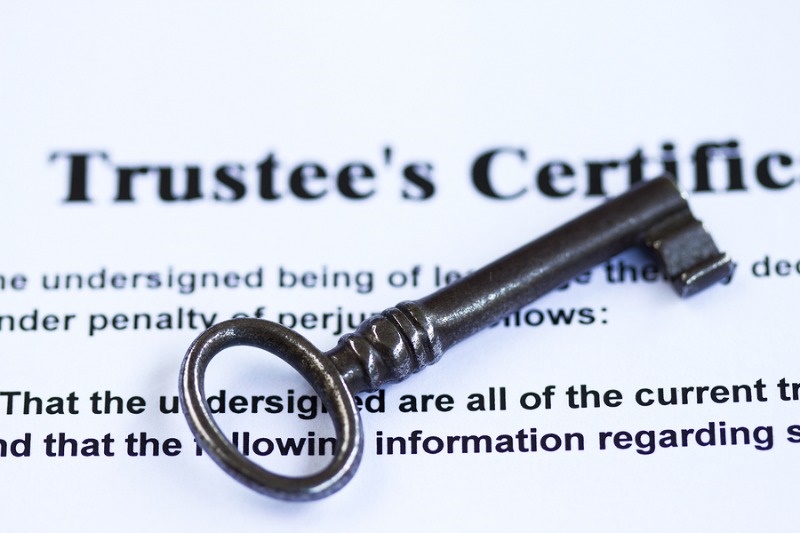Elder abuse often includes financial crimes that are, most frequently, crimes of opportunity because the senior has diminished mental capacity. What is an elder to do if she finds herself the victim of fraud, particularly if she does not have the wherewithal to protect herself? Or the converse, can an incompetent person be sued?
Some states prohibit an incompetent person from being a named party, particularly a Defendant. However, North Carolina is in the majority of states which allow individuals deemed incompetent to be names as a party to a lawsuit, and outlines a process for doing so. Pursuant to Rule 17 of the North Carolina Rules of Civil Procedure, testamentary or general guardians can bring and defend lawsuits on behalf of an incompetent persons they are appointed to protect. Chapter 35A of the North Carolina General Statutes dictates the procedures for determining incompetence and appointing a guardian to protect the ward. However, that process involves both time and expense, something potentially unavailable in emergent circumstances or, worse yet, when the guardian is also the culprit.
In those instances in which there is no known guardian, the lawsuit is against the guardian, or expediency necessitates a prompt appointment, Rule 17(b) provides that a guardian ad litem can be appointed by the court to defend or protect the incompetent party. This is accomplished by filing a motion requesting the appointment of a guardian ad litem and it may be done by any of the parties to the matter.
Pursuant to Rule 17(c), the appointment may be made prior to the commencement of the action (when the incompetent person is the plaintiff), upon written application of any relative or friend, by motion of any party to the action (when the incompetent person is a defendant), or by the court’s own motion.
If there is any dispute as to the capacity of an allegedly incompetent person, the trial court must conduct a hearing and give her an opportunity to be heard when determining whether there is a reasonable basis to conclude she is incompetent or has a diminished capacity and cannot adequately protect her own interests. Rutledge v. Rutledge, 10 N.C. App. 427, 179 S.E.2d 163 (1971). Failing to do so will void the appointment. Hagins v. Redevelopment Comm’n, 275 N.C. 90, 165 S.E.2d 490 (1969). This process can also be utilized during the pendency of an action, should a party lose competency, by moving for the appointment and substitution of a guardian ad litem.
If your loved one is a victim of financial abuse and lacks the ability to protect and defend himself or herself, please call us at (704) 457-1010 to discuss how we can help you. For more information regarding our firm, attorneys, and practice areas, please visit our website at Lindley Law.





